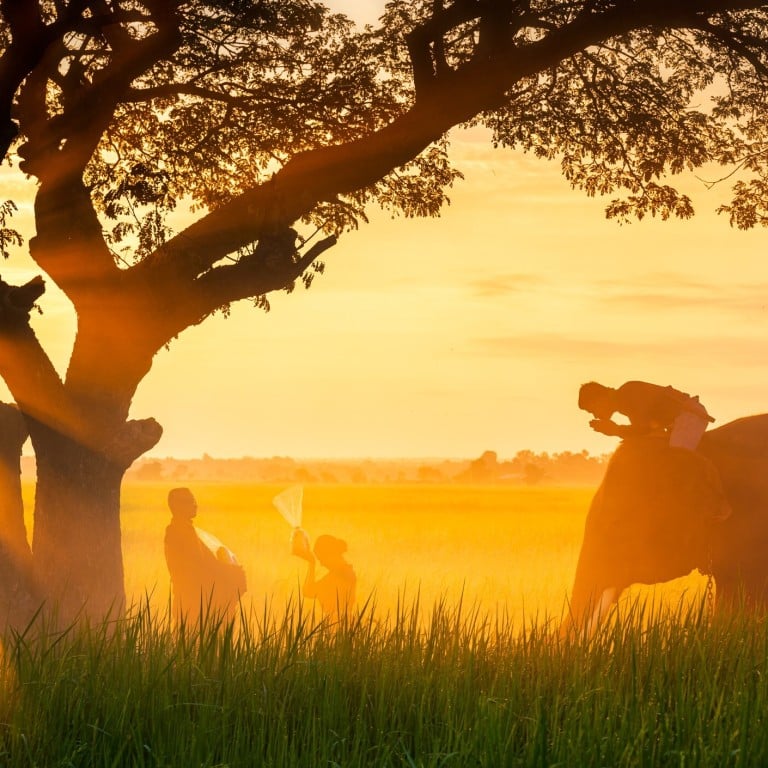Could coronavirus usher in an era of ethical wildlife tourism? 5 of the best experiences in Kenya, Uganda, Argentina, South Africa and … Scotland?

From cruelly chained elephants and drugged tigers to smuggled exotic species, animal cruelty is rife in the travel industry – but today’s disruption offers a golden opportunity to reset and cement socially minded travel as the new normal – here’s 5 experiences to try
Almost overnight, the coronavirus pandemic upended most of our lives. While travel for many rightly remains an afterthought, as the world cautiously begins to reopen, many are looking to escape the months of confinement with some much-needed holiday time.
But have the past few months changed the way we’ll travel forever?
Ethical tourism, particularly that involving animals and their welfare, was already a growing trend and the disruption that the travel industry is currently facing presents a golden opportunity to reset and cement socially minded travel as the new normal.
Both the proximity of humans to animals during many tourist experiences, and the very origins of the virus – believed by many to be an animal market in Wuhan, China – may prompt some soul-searching about the way we treat wildlife, particularly in a tourist setting. Before the global plunge in travel, according to the Coalition for Ethical Wildlife Tourism (CEWT), “more than 500,000 wild animals worldwide, including elephants, sloths, tigers and dolphins, are suffering for tourist entertainment”.
The tales of suffering are myriad, from cruelly chained elephants and drugged tigers, to smuggled exotic species and punishing breeding programmes of wild animals – all to satisfy a global demand, which CEWT says tops 110 million visitors annually.
“People are driven by the allure of getting those selfies and seeing animals up close, thinking of it as a once-in-a-lifetime experience,” says Stephanie Schuttler, a wildlife biologist, blogger and podcaster.
But there is hope that growing awareness of the conditions that many animal attractions make their exhibits endure is leading to a move away from exploitative tourist traps and towards businesses that put the animals’ welfare as their top priority.
From shunning selfies on elephants in Thailand, to eschewing theme parks due to the plight of captive animals who are often trained to entertain, polls show that the younger generation of travellers is eschewing unethical wildlife tourism, including elephant rides, tiger sanctuaries and swimming with dolphins, in favour of more hands-off experiences which do not involve harm to animals.
“I really think the best way to combat these unethical tourism operations is to point it out when people do it and explain that these animals suffer,” says Schuttler, and campaigns to raise awareness of animal suffering, like #selfieaware, are successfully drawing attention to the cause.